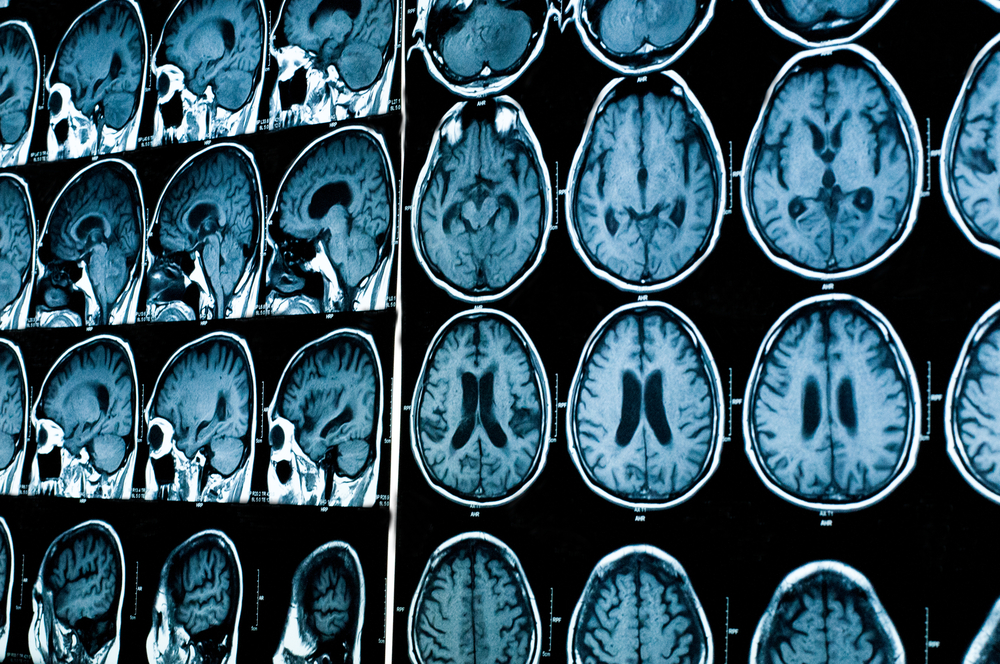Structural Changes in Brain Predict Cognitive Decline in Parkinson’s Patients, Study Suggests

Structural changes in a specific region of the brain can predict the onset of cognitive impairment in Parkinson’s patients who have not yet developed dementia, according to a recent British study.
The study, “Nucleus basalis of Meynert degeneration precedes and predicts cognitive impairment in Parkinson’s disease,” was published in the journal Brain.
A brain region called the nucleus basalis of Meynert has been identified as the primary source of acetylcholine — a brain chemical important for cognitive function development, including memory, learning, and concentration abilities.
Cognitive impairment is highly prevalent in Parkinson’s disease, with approximately 80 percent of patients eventually developing dementia during the course of their illness. It is one of the most clinically relevant symptoms of the disease, and causes an increased risk of mortality and significant reduction in quality of life.
Studies have demonstrated that the structure of the nucleus basalis of Meynert appears to be more damaged in Parkinson’s patients with cognitive impairment. However, so far, there are no reliable predictors of dementia in Parkinson’s, and the mechanisms behind the development of cognitive impairment remain unclear.
King’s College London researchers hypothesized that structural changes in this specific brain region could be behind cognitive impairment in patients with Parkinson’s disease, and could predict the development of cognitive impairment. To test this, the team compared magnetic resonance imaging (MRI) data from Parkinson’s patients with and without cognitive impairment.
A total of 304 Parkinson’s patients and 167 healthy people in a control group were included in the study. The participants’ cognitive status was assessed at the start and then every six months for 36 months, or until a patient developed cognitive impairment.
No brain anatomy differences were observed between Parkinson’s patients and the control group. However, cognitively impaired patients had higher rates of neuronal loss within the nucleus basalis of Meynert than non-demented patients with Parkinson’s.
Damage to this brain region “was predictive for developing cognitive impairment in cognitively intact patients with Parkinson’s disease, independent of other clinical and non-clinical markers of the disease,” the authors wrote.
The team also analyzed the anatomy of other cognitive function-related brain centers, but structural and microstructural changes to those regions did not precede clinical onset of cognitive impairment.
Researchers concluded that “degeneration of the nucleus basalis of Meynert precedes and predicts the onset of cognitive impairment, and might be used in a clinical setting as a reliable biomarker to stratify patients at higher risk of cognitive decline.”






